As a pet owner, you want to do what’s best for your four-legged friend, especially their diet. However, with so much contradicting information, you might find yourself overwhelmed by the sheer volume of advice from friends, family, and the internet. Our Chiefland Animal Hospital team hears your concerns and we want to help you separate fact from fiction.
Myth 1: All pet foods are equal
Many pet owners assume that all pet foods are created equal, but that’s far from the truth. Different pet foods offer varying nutrition, quality, and ingredient levels. Some are high-quality and formulated with balanced nutrition, while others may contain fillers and lack essential nutrients.
Look for pet foods that meet Association of American Feed Control Officials (AAFCO) standards to guarantee you’re feeding your furry pal the nutrition they need. Remember, your pet deserves more than just the fast food equivalent of kibble.
Myth 2: Table scraps are safe for pets
You may be tempted to share your meal with your pet, especially when they give you those irresistible puppy eyes. However, table scraps are not always safe for pets. Many human foods, such as chocolate, onions, garlic, spices, and more, are harmful to pets and can cause serious health issues.
Table scraps can also lead to obesity and unbalanced nutrition. If you want to treat your pet, stick to treats specifically designed for them. Let’s be honest, your dog doesn’t actually need your leftover pizza crust.
Myth 3: Grain-free diets are best for pets
Grain-free diets have become popular because many believe grains cause allergies and other health issues, but pets rarely have true grain allergies. Grains provide essential vitamins, minerals, and fiber that contribute to your pet’s overall well-being.
Unless your pet has a diagnosed grain allergy, a grain-free diet isn’t necessarily healthier. In fact, recent studies have linked grain-free diets to an increased risk of dilated cardiomyopathy (DCM), a serious heart condition. This is thought to occur because only grains offer your pet certain essential nutrients that proteins, vegetables, and fruits do not provide.
Myth 4: Milk is good for cats
Who hasn’t seen a cartoon cat lapping up a bowl of milk? However, the truth is that most adult cats are lactose intolerant. Kittens can digest their mother’s milk thanks to the lactase enzyme, which breaks down lactose in milk. However, as they grow and are weaned, cats produce less lactase, causing them difficulty digesting dairy. If your cat drinks milk, they can experience stomach upset, including diarrhea and vomiting, so only offer your whiskered pal water to drink.
Myth 5: Homemade pet diets are healthier
The idea of preparing homemade meals for your pet can be appealing. After all, homemade meals for humans are often healthier than processed foods. However, this isn’t always the case for pets. Homemade diets often lack key nutrients that pets need. To create a balanced diet for your pet, you need a veterinary nutritionist’s guidance because an unbalanced diet can lead to serious health issues over time.
Tips for choosing the best pet food
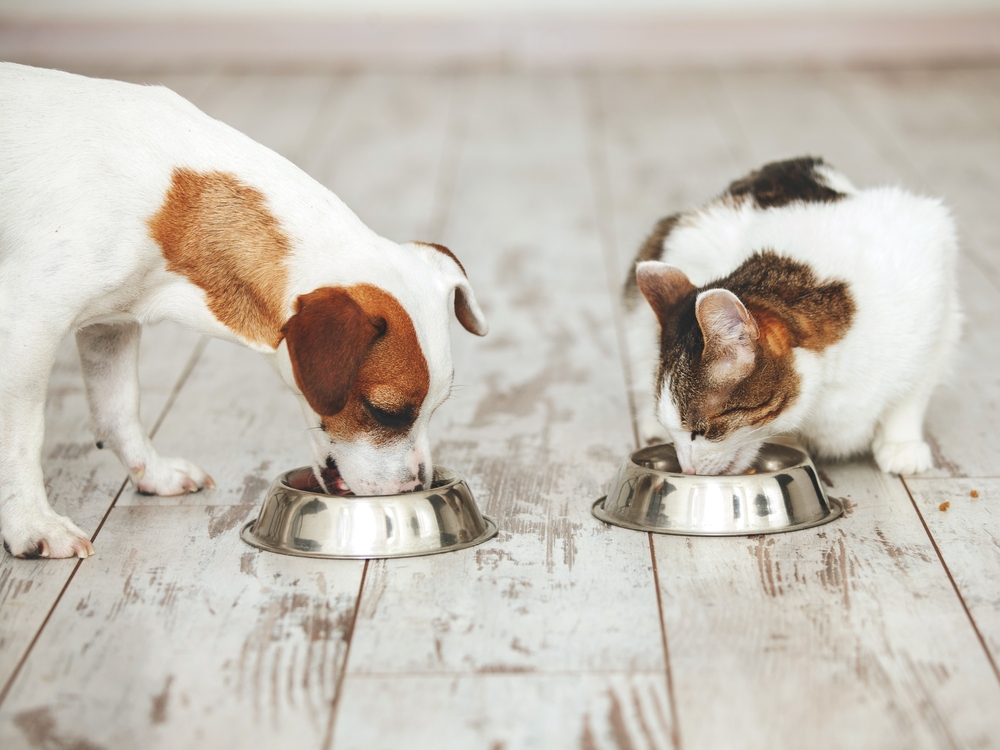
Choosing the proper diet for your pet can be overwhelming. To make the best decision for your pet’s health, follow these pet nutrition tips:
- Consult our vet — Our veterinarian knows your pet’s health history and can recommend the best diet.
- Read labels — Look for pet foods that meet AAFCO standards. This indicates the food is balanced and complete.
- Watch for changes — Monitor your pet’s health and behavior. If you notice changes, consult our vet to determine whether your furry pal’s diet needs adjustments.
Understanding the truth behind pet nutrition myths can help you make better choices for your best pal. Our Chiefland Animal Hospital team is here to support you in providing top-notch care for your pet. Whether you have questions about your pet’s diet or they need a routine checkup, we’re just a call away. Let our family serve your family. Contact us today to schedule a consultation.



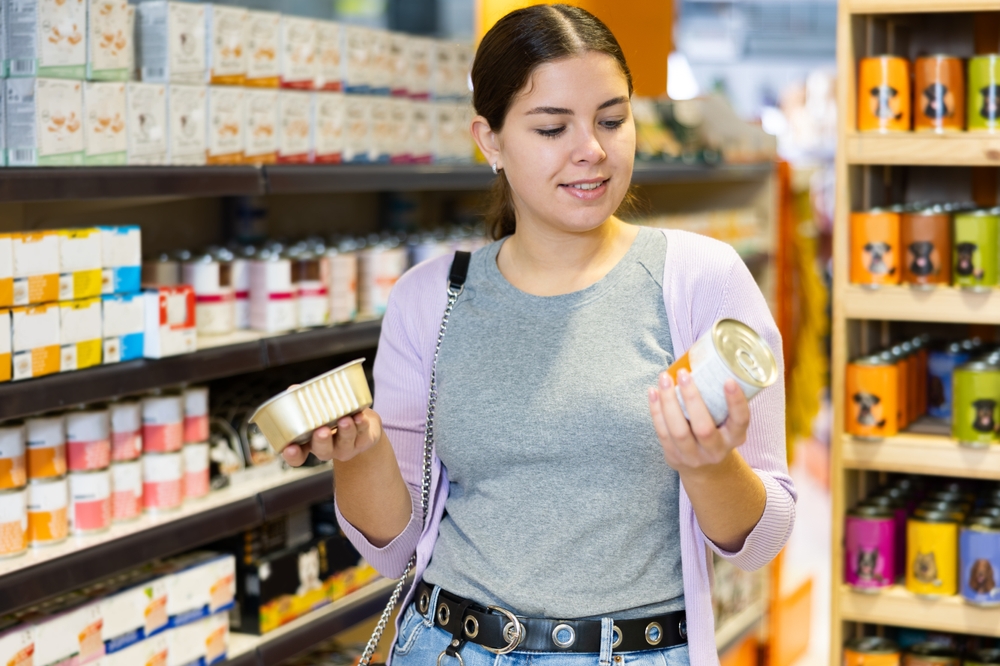
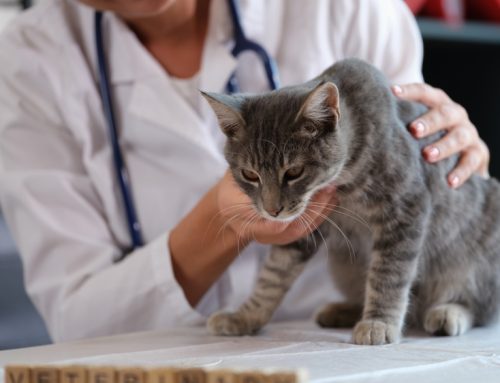
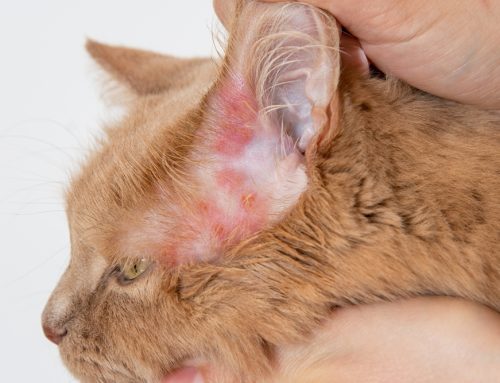
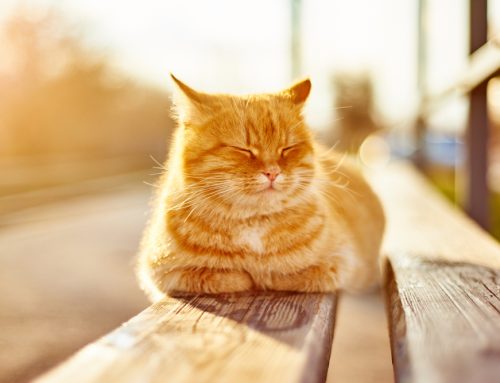

Leave A Comment